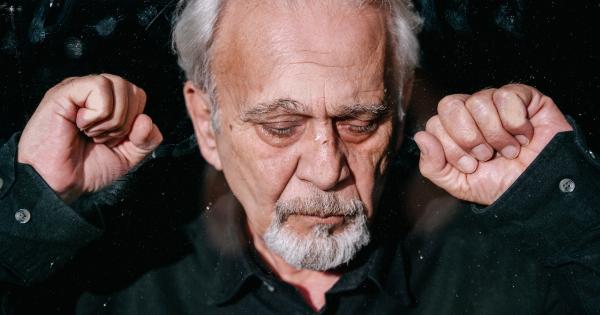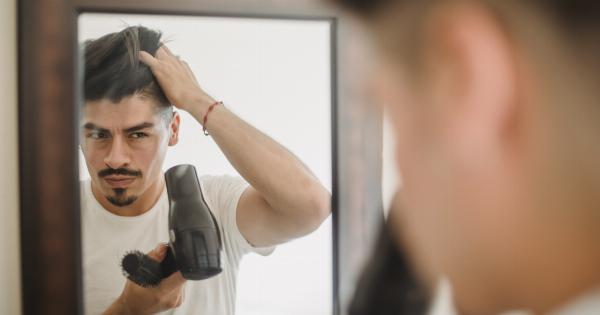Biotin, also known as vitamin H or B7, is a water-soluble B-complex vitamin that is essential for maintaining healthy skin, hair, and nails. Biotin also plays a crucial role in metabolism and energy production.
While biotin deficiency is rare, it can occur in people who consume a diet low in biotin or those who have a genetic disorder that affects biotin absorption. Here are the causes, symptoms, and treatments of biotin deficiency.
Causes of Biotin Deficiency
Biotin deficiency can be caused by various factors such as:.
- Insufficient dietary intake of biotin: Biotin is found in many foods such as nuts, whole grains, egg yolks, and organ meats. However, a diet low in these foods can lead to biotin deficiency.
- Genetic disorder: People with the rare genetic disorder biotinidase deficiency are unable to break down biotin properly, leading to biotin deficiency.
- Prolonged use of antibiotics: Prolonged use of antibiotics can disrupt the gut microbiome, which can affect the production of biotin.
- Pregnancy and breastfeeding: Women who are pregnant or breastfeeding have higher biotin requirements, and a lack of biotin can affect the health of the baby.
- Alcoholism: Heavy drinking can interfere with biotin absorption and metabolism.
Symptoms of Biotin Deficiency
Biotin deficiency can cause a range of symptoms, which can vary depending on the severity of the deficiency. Some of the common symptoms include:.
- Hair loss: Biotin plays a vital role in maintaining healthy hair, so a lack of biotin can lead to hair loss or thinning.
- Skin rash: Biotin deficiency can cause a rash on the skin, especially around the mouth, nose, and eyes.
- Brittle nails: Biotin deficiency can also cause brittle nails that are prone to breaking and splitting.
- Depression: Biotin deficiency can lead to depression and mood swings.
- Neurological symptoms: Severe biotin deficiency can affect the nervous system and cause neurological symptoms such as seizures, numbness, and tingling in the extremities.
- Lethargy and fatigue: Biotin plays a crucial role in energy production, so a deficiency can lead to feelings of lethargy and fatigue.
Treatments for Biotin Deficiency
The most effective treatment for biotin deficiency is to increase biotin intake through diet or supplements. Some of the foods that are high in biotin include:.
- Egg yolks
- Organ meats (e.g., liver and kidneys)
- Nuts (e.g., peanuts, almonds, and walnuts)
- Whole grains
- Legumes (e.g., beans and lentils)
- Yeast
Supplements are also available in the form of capsules or tablets, and they are often combined with other B vitamins.
However, it is important to talk to a doctor before starting any supplements to determine the correct dosage and to avoid any potential side effects.
Biotin deficiency caused by a genetic disorder requires long-term treatment with high doses of biotin supplements.
For people with alcoholism or gut-related issues, treating the underlying cause can help improve biotin absorption and metabolism.
Conclusion
Biotin deficiency is a rare condition that can cause a range of symptoms such as hair loss, skin rash, and neurological issues. The most effective treatment for biotin deficiency is to increase biotin intake through diet or supplements.
If you think you are experiencing symptoms of biotin deficiency, consult a doctor to determine the cause and appropriate treatment.


























